
Reverend Joseph E. Kurtz, D.D. Bishop | Archdiocese of Louisville
In addition to the hotly contested presidential race and other local races, November’s ballot will ask Kentucky voters whether they support changing the state’s constitution as it relates to funding education.
Currently, the constitution states that public money may only be used for public schools. The ballot measure asks Kentuckians to weigh in, asking: “To give parents choices in educational opportunities for their children, are you in favor of enabling the General Assembly to provide financial support for the education costs of students in kindergarten through 12th grade who are outside the system of common (public) schools by amending the Constitution of Kentucky as stated below?”
The constitution would be amended to read: “The General Assembly may provide financial support for the education of students outside the system of common schools.”
Ultimately, enough yes votes would empower Kentucky lawmakers to craft legislation that could provide funds to help students attend non-public schools or receive other educational services outside of the public school system.
Supporters, including the Archdiocese of Louisville, say the amendment, which will be listed as Amendment 2 on the ballot, is good for Kentucky’s students and urge voters to vote “yes.”
“School choice in various forms exists in almost every single state — this is not a red-state blue-state divide — 48 states and the District of Columbia have some form of school choice. We are in a very small minority,” said Jason Hall, executive director of the Catholic Conference of Kentucky.
The conference represents Kentucky’s bishops on matters of public policy. Its staff has been promoting need-based school-choice legislation for more than two decades and supported legislation passed by the Kentucky General Assembly in 2021.
That legislation, which would have created Education Opportunity Accounts for students with demonstrated financial need, was struck down by the Kentucky Supreme Court in 2022. The court ruled that the legislation violated the section of the Kentucky Constitution that prohibits the state from raising money for non-public schools. Amendment 2 on the November ballot attempts to change that section.
The church’s long history of support for school choice is a matter of justice, said Hall.
The church teaches that “parents are the primary educators of their children and the state’s role is to support that,” said Hall. “But they (the state) should do it in a way that empowers parents to make decisions.”
In Catholic social teaching, the principle of subsidiarity asserts that decisions should be made at the most local level, in this case, by parents. In that sense, he noted, “the state’s role shouldn’t be to dominate or usurp their authority but to assist the family.”
“We have a system now that if you have financial resources, you have power (to choose what’s best for your child). If your resources are limited, you don’t. Our education policy should make that choice real.”
He also noted that justice in education extends to public schools.
“We strongly support adequate funding for our public schools,” he said. He added that school choice programs should not take funding from public school systems.
“I went to public schools and did great,” said Hall. “But not every kid does best there. And we want resources for kids who don’t thrive there.”
From an educator’s perspective, Dr. Mary Beth Bowling, superintendent of schools for the Archdiocese of Louisville said: “Finding the best fit for your child can be critical for your child’s development into adulthood.”
“As a parent when my child is born and I’m seeking out a health provider who best fits my child’s needs I have a choice. When I look at where I’m going to live and my child’s needs I have a choice,” she noted. “It’s only when we get to school that parents don’t always have this ability.”
For instance she said: “If my family is receiving (government) benefits for healthcare or basic needs you have some choice. But when it comes to school you can only go here or there.”
“It doesn’t matter if it’s what’s best for your child,” she added. “I think this can be detrimental to a child. Why set up a kid for lackluster development? Are we so concerned about money we’re not concerned about what’s best?”
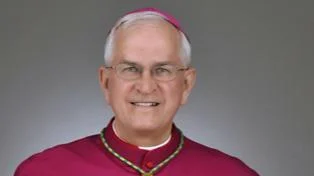
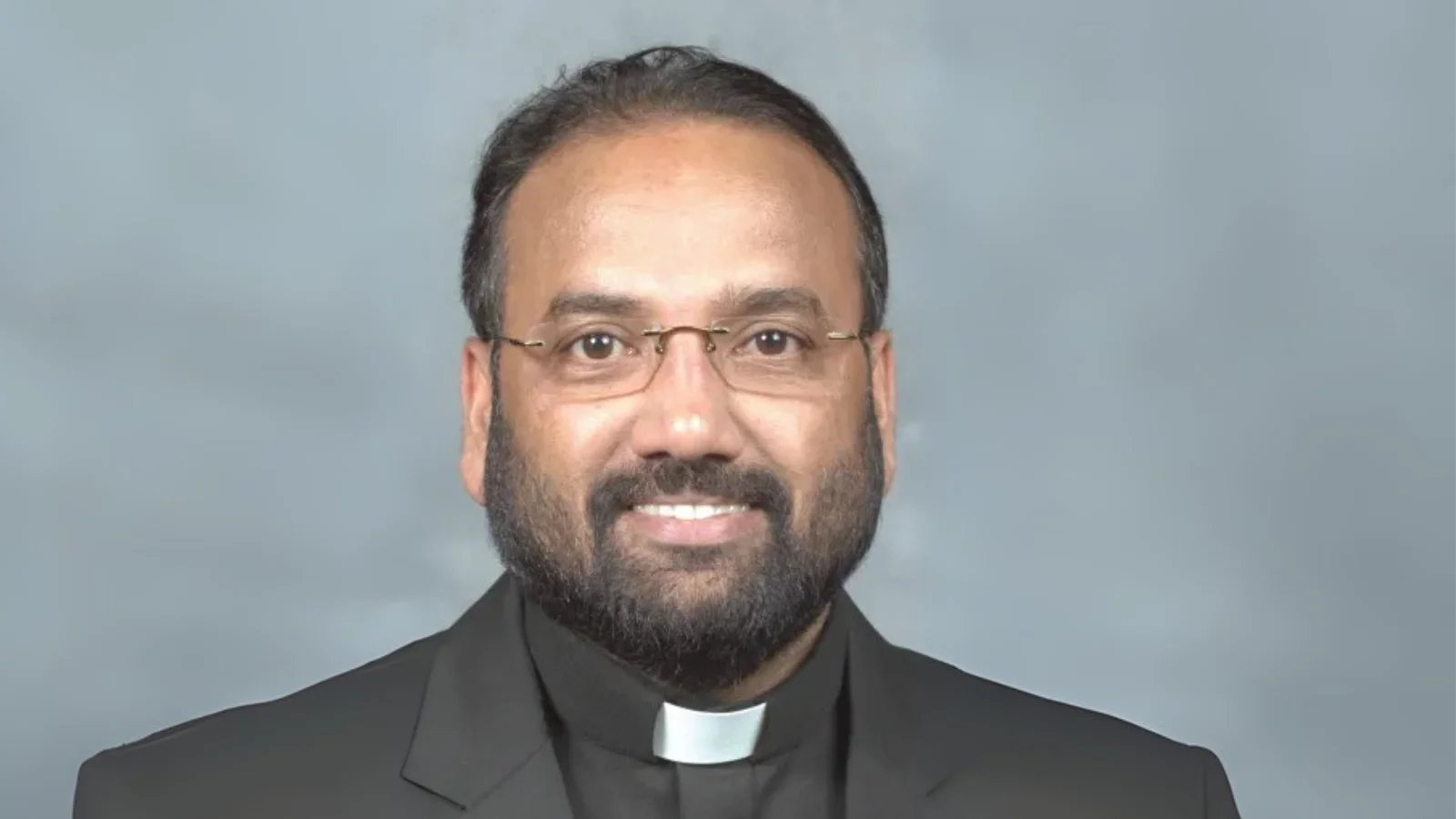
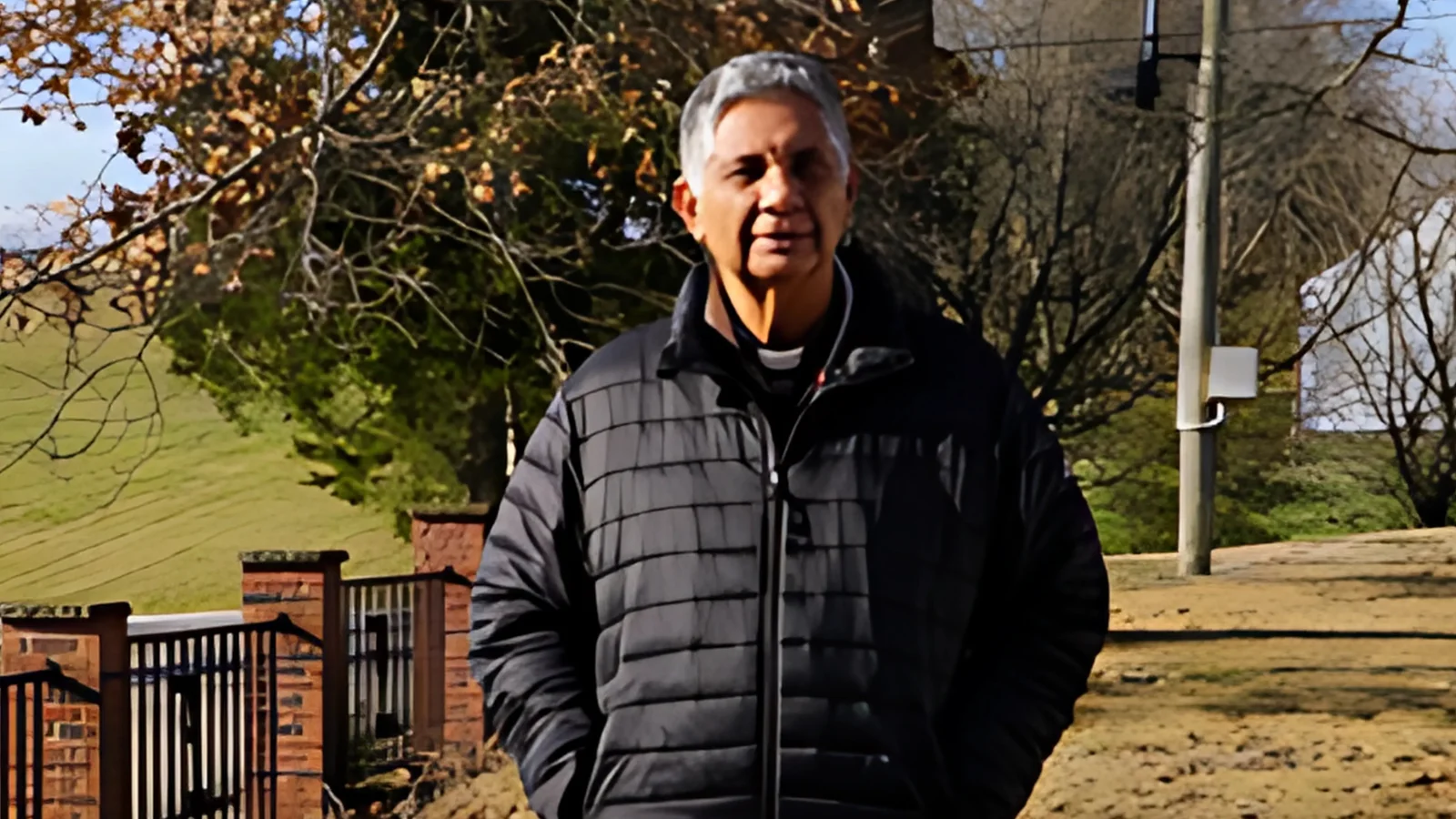

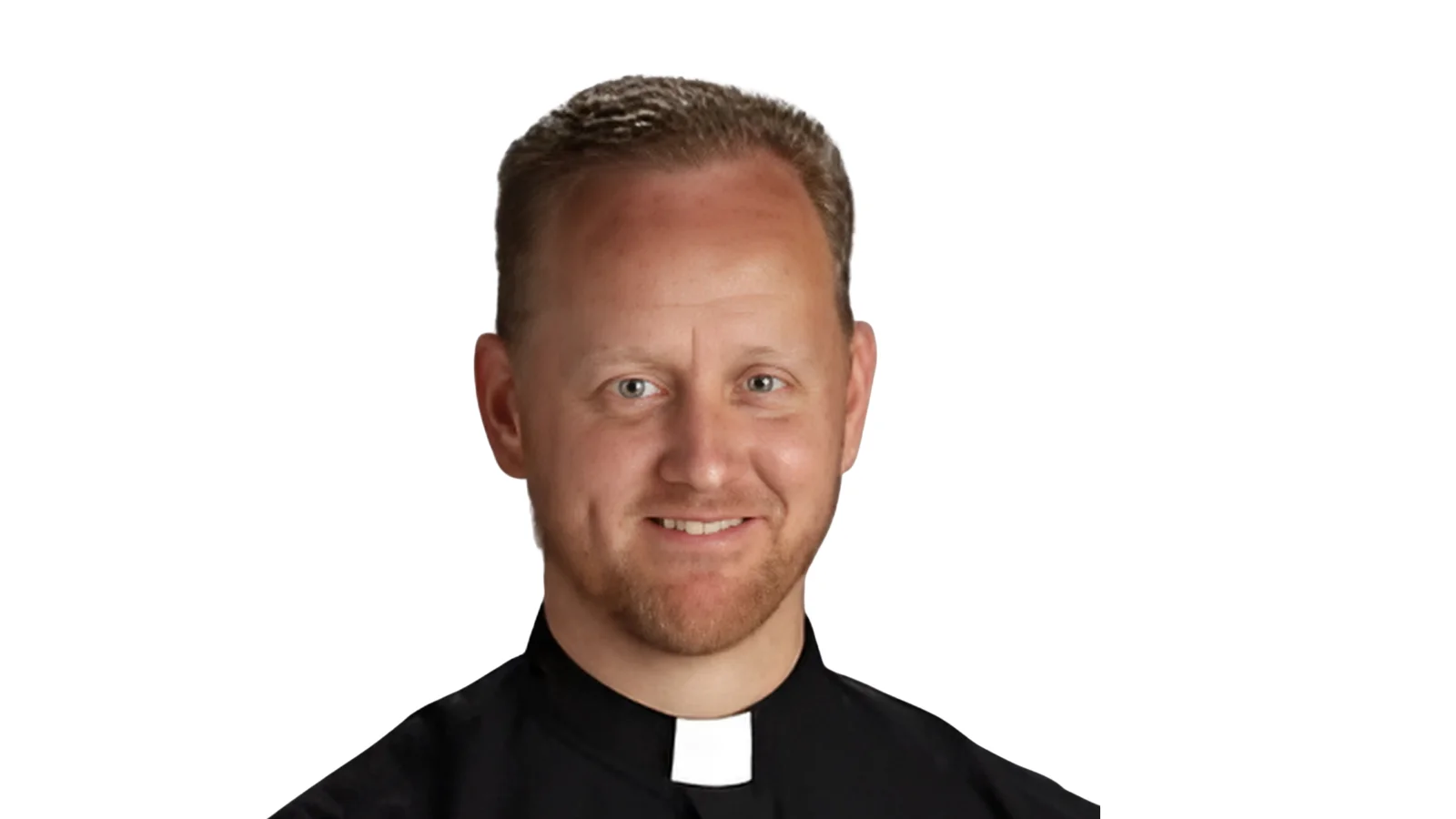
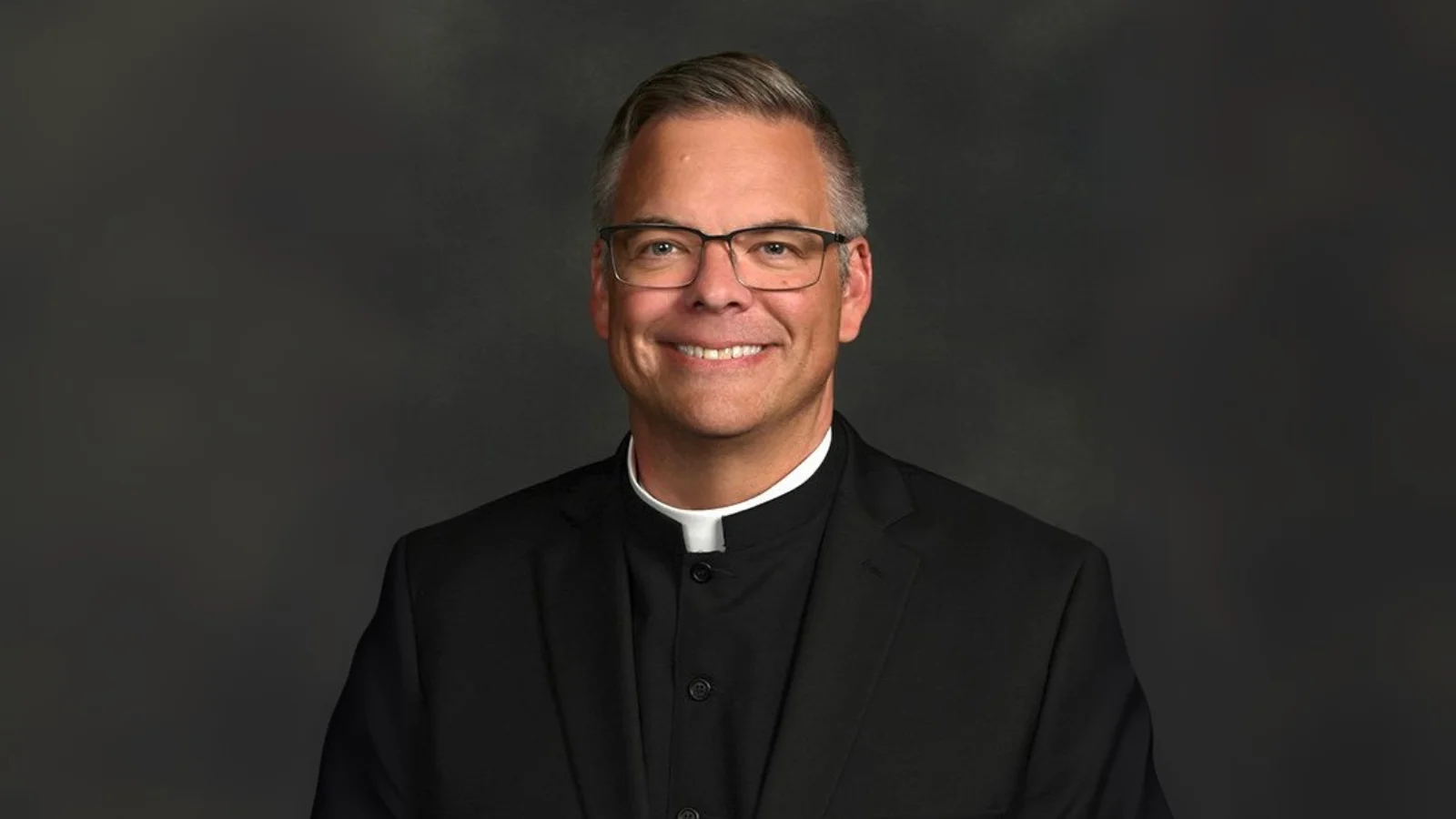
 Alerts Sign-up
Alerts Sign-up